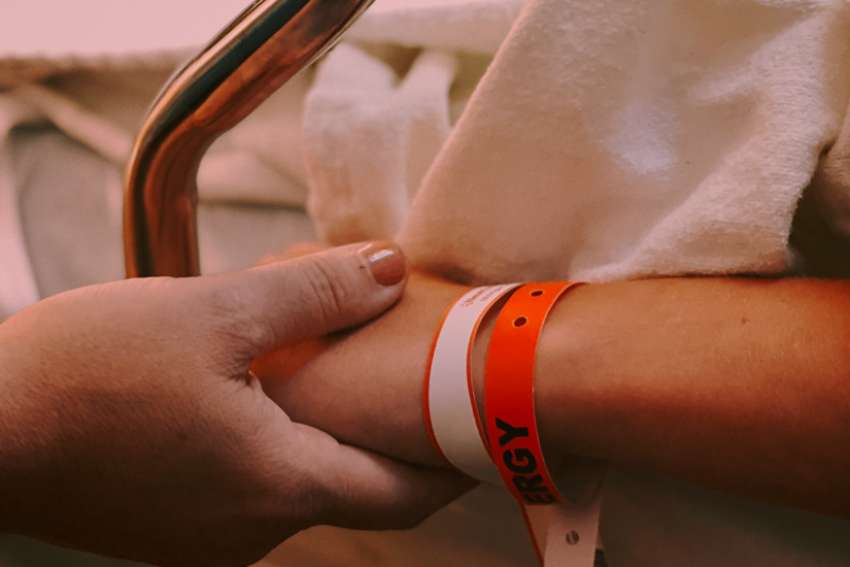As Montreal correspondent Anna Farrow reports, the bishops themselves admitted that their voices have been rendered almost “inaudible” on moral issues in a province Hell-bent down the road to individualist nihilism.
Yet with full awareness that they were shouting down a well, they still issued an unequivocal condemnation of the ruling government’s insistence on further expanding medical assistance in dying. As Farrow writes, Quebec was already recognized as the world’s per capita kingdom of health care killing before the passage of Bill 11 on June 7.
The legislation compels all palliative care centres to offer so-called MAiD. It allows anyone with a physical disability to apply for it. And it puts in place advance directives by which those with degenerative neuromuscular conditions can book space on the MAiD death train two years ahead.
Rightly, the bishops voiced sharp disagreement that death-on-demand constitutes anything that can be called “health care.” They emphasized: “(W)e hold that any action that intentionally induces the death of a human being is, in fact, a denial to provide him or her the potential end-of-life-care that he or she required. Such intervention cannot be termed ‘care.’ ”
Talk about being dead right about the certainty of going unheard. Only two in the 125-seat National Assembly voted against the bill. A third abstained.
Yet though they are madly outnumbered, oafishly disregarded and derisively disempowered, the very self-acknowledged futility of the bishops’ statement constitutes a show of Catholic leadership that is both faith-inspired and faith-inspiring. We cannot, after all, control being ignored. But we can speak out against being silenced. Indeed, our Catholic faith actually calls us to do so, particularly when our silence is assumed because our words are unwanted.
From that perspective, the bishops’ insistence on recording their opposition — to say what they needed to say if only so it could be said it was said — should guide us beyond the issue of MAiD madness gripping Quebec and Canada itself. It is a model for moral conduct whose apotheosis is nothing less than martyrdom.
I have always been taught the twin conditions of Catholic martyrdom are that it is unsought and unavoidable. We must not chase after it. Neither can we escape it when steadfastness to our faith makes it the only possible outcome.
There might seem to be a great yawning gap between the finality of martyrdom and the issuing of a statement at the safe remove of a democratic legislative process.
Yes, if the measure is one of physical trauma. Not so much if the yardstick is giving one’s life to acknowledging T.S. Eliot’s dictum that “there are no lost causes because there are no gained causes” while persisting in faithfully following the truth that “we have already won because we are won in Christ.”
It can be a disorienting, even debilitating, dichotomy to face in this virulently secular age. We can witness its effects on our fellow faithful who advocate silence on various hot button topics of the day because, well, speaking about it as “Church” never seems to do any good, and we always end up losing on every issue anyway.
Factually, of course, the Church always losing isn’t true. St. John Paul II literally won a world-historical victory by bringing his ecclesiastical force into the fight against Soviet communism. In his own way, Pope Francis is following that lead by committing the Church to the campaign against globally destructive gluttony.
But even on those issues where Holy Mother Church seems to be in perpetual motion backwards from the front line — sexuality, marriage, euthanasia etc. — her refusal to be silenced, meaning her fidelity to vocalizing Christ’s Good News, should quicken our spirit to speak out, to identify, to name, to tell the truth without fail.
As the Quebec bishops demonstrated, as so many others in the Church also do by their examples, that truth must be told regardless of the willingness of those who have ears to hear. What is the point, after all, of being people of the Word… and abstaining?


